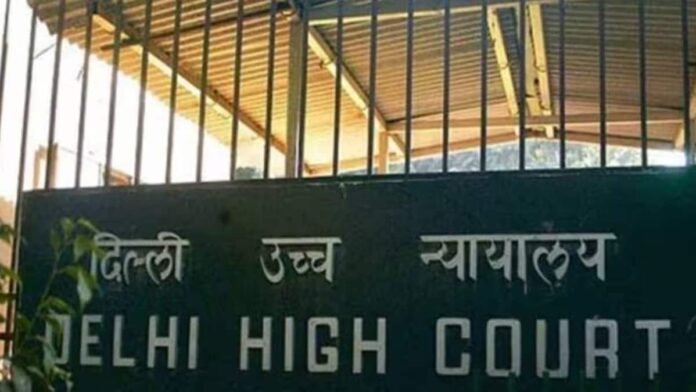In a major set back to Reliance Industries (RIL), the Delhi High court on Friday overturned a 2018 international arbitration tribunal ruling that had favoured the company in a long-running gas dispute with ONGC, over alleged gas migration from the state-run company’s assets in the Krishna Godavari (KG) basin.
A division bench comprising justices Rekha Palli and Saurabh Banerjee set aside a May 2023 single bench ruling as well as the arbitral award, saying these were “contrary to the settled position of law.” If the order holds – RIL may seek to challenge it in the Supreme Court –, the government will be able to enforce its claim of around $1.7 billion against RIL and its foreign partners.
ALSO READReliance Consumer acquires Velvette, shampoo brand behind the sachet revolution
The conflict arose when in 2013, ONGC claimed that RIL had illegally extracted natural gas from its blocks adjacent to the latter’s in the KG basin. The state-run company accused RIL of drilling wells near the boundaries of its hydrocarbon blocks which allowed gas to flow from ONGC’s fields to RIL’s KG-D6 block between 2009-2013, leading to the latter’s “unjust enrichment.”
Following this, the ministry of petroleum and natural gas sought disgorgement from RIL and its partners BP Plc and Niko Resources , demanding around $1.5 billion, along with an additional $174 million in interest. RIL had in response invoked the arbitration clause under the terms of the contract, seeking resolution through an international arbitration tribunal.
RIL has consistently denied allegations and claimed that it has operated within the terms of the contract.
In July 2018, the arbitral tribunal had ruled in favor of RIL, rejecting the Indian government’s claims and stating that the PSC did not prohibit contractors from extracting and selling gas that had migrated from an external source.
However, in May 2023, the government again challenged the arbitration ruling, calling it a violation of public policy and accusing RIL of accumulating vast wealth through fraudulent means.
Nilava Bandhopadhya, senior partner at S&A Law Offices noted that the Supreme Court in numerous judgments has limited the scope for interference to an award by a Court under section 34 or 37 of the Arbitration and Conciliation Act, 1996. However, certain grounds are still available under which an award can be set aside.
» Read More


